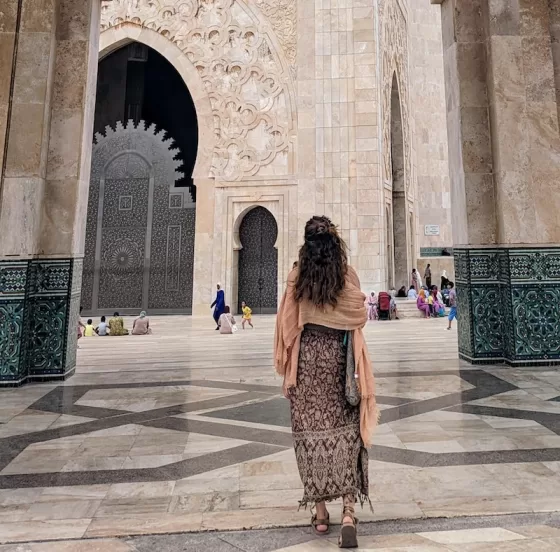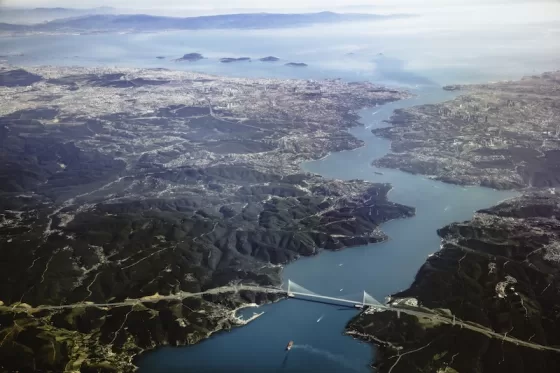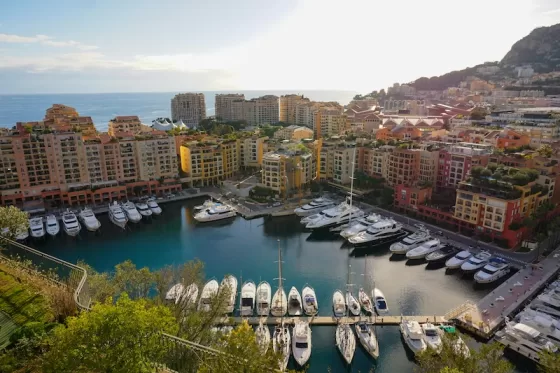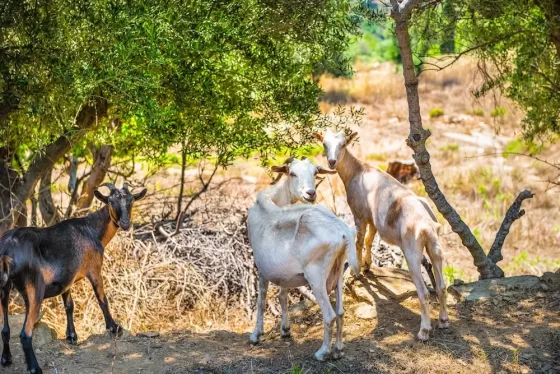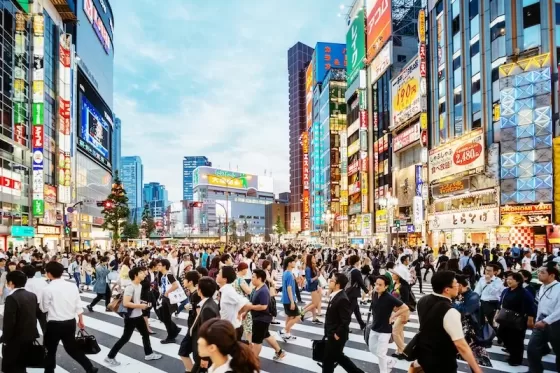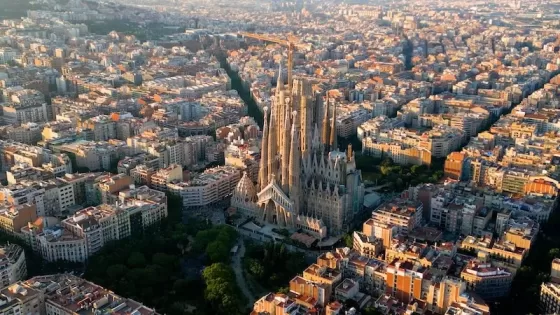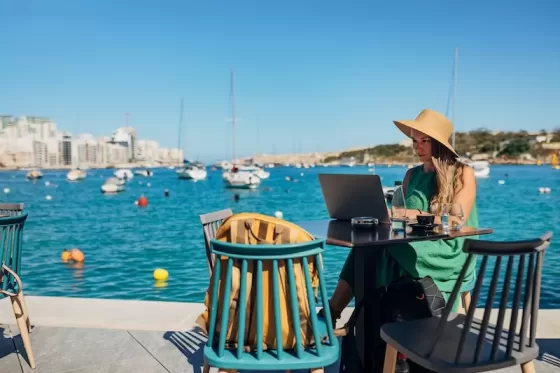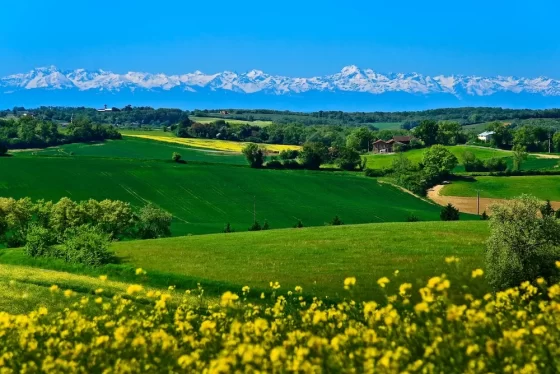I Didn’t Mean to End Up in Morocco
I was 18 when I got my first job—I was going to be a professional cowgirl and live in a trailer park with a 75-year-old retiree named Jerry in The-Middle-of-Nowhere, Wisconsin. Considering I…
Share
Speed, Shocks, and Shifting Lines
Europe fines Big Tech, Morocco redefines travel, and Trump hints at a trade reversal. As the global landscape shifts, new forces are reshaping how we move, connect, and govern. From seismic…
Share
How to Retire Tax-Free Abroad
For decades, the formula for retirement was simple: work hard, save diligently, and ride out your golden years close to home. But for those paying attention, that model is starting to crack.…
Share
Medical Tourism in Costa Rica
The industry of medical tourism in Costa Rica has quickly become a very popular and lucrative form of tourism for the country. Many tourists from both the US and Canada come to Costa Rica for…
Share
Living Life on Ikarian Time
The word Ikaria slips off the tongue and lands like a smile. Fitting, really, for a place where people live not just longer, but with more ease, defying modern expectations of aging. Life…
Share
Top 10 Things to Know if You’re Moving to Japan
To arrive in the Japanese capital, Tokyo, can be a sensorially confounding experience. It is a city of some 30 million people, with troops of skyscrapers stampeding across it, often draped in…
Share
Heat, Holiness, and High Stakes
Trade tensions flare, saints are named, and heat becomes a matter of survival. As Europe threatens retaliatory tariffs, Ecuador opens the door to U.S. forces, and South Asia braces for…
Share
The Ultimate Guide to Becoming a Successful Digital Nomad
As we’ve reported before, embarking on a digital nomad lifestyle, where you get to work and live abroad, offers the chance for an unparalleled freedom, adventure, and a whole new existence.…
Share
Gentle Winds and Strong Hearts: The Quiet Wisdom of Okinawa
Editor’s Note At Escape Artist, our goal is to uncover the deeper rhythms of life around the world. This month, we launch a new series exploring the planet’s five official Blue Zones: rare…
Share
An Ode to Gascony
When you think of la belle France, it is likely that you think of Paris first, or perhaps the Côte d’Azur and Provence But mainland France is vast, covering approximately 551,695 kms2 (248,573…
Share
Tariff Tensions and Cracks in Control
A sweeping trade shift takes hold as global tariffs reshape the economic order. China rallies opposition to what it calls U.S. “trade tyranny,” while retaliatory moves deepen…
Share
Top 10 Things to Know if You’re Moving to Australia
Moving to Australia? It’s becoming a popular decision; 446,000 people migrated to Australia from 2023 to 2024 alone. Its shimmering facade and beach-adorned coastline attract expats seeking a…
Share
